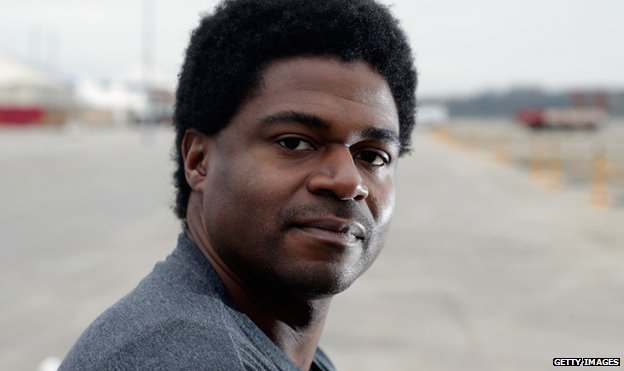Military personnel can be granted asylum for defection
Migration 9 March 2015In 2013 the Court of Justice of the European Union (CJEU) was requested to intervene in the case of Andre Shepherd, a US mechanic, former soldier, who deserted from his army base over the Iraq war and who had applied for asylum in Germany. The court ruled that when there is evidence that war crimes will be committed with a high likelihood, defection of a military participating directly or indirectly in a conflict can lead to asylum granting.
The story of Andre Shepherd is the following. After his first deployment, Mr Shepherd refused to return in Iraq in 2007 on account that continued participation in the US armed forces would lead to the commission of war crimes. His defection could be punished in US with five year custodial sentence. Therefore, Shepherd escaped from the military base in Germany, where he was based, and decided to apply for asylum.

Andre Shepherd, the US soldier who deserted from his army base over the Iraq and asked for asylum in Germany – Photo credit: Getty Images
In November 2014 Advocate General Sharpston already submitted that there is a real risk of persecution when a military personnel refuses to perform service on the basis of a conscientious belief that there is a direct link between his acts and the reasonable likelihood that war crimes will occur. He concluded that prosecution or punishment for refusal to perform military service where such service could cause the commission of war crimes can be considered an act of persecution as defined in the Qualification Directive, even if the applicant is not involved in actual combat, but he is providing technical support. This is because, according to the Advocate, conscientious objection constitutes a political opinion, and therefore could be a reason for persecution that qualify a refugee.
The ECJ endorsed the position of the advocate. The likelihood of war crimes being committed could be indicated by past conduct or previous criminal sentences of a military unit, but past commission of war crimes does not have to occur for protection to be applicable. The Court adds that in cases when the intervention was legitimized by a UN Security Council mandate or an international consensus and if domestic legislation effectively prosecuted war crimes, it would be unlikely that a soldier would be led to commit war crimes.


